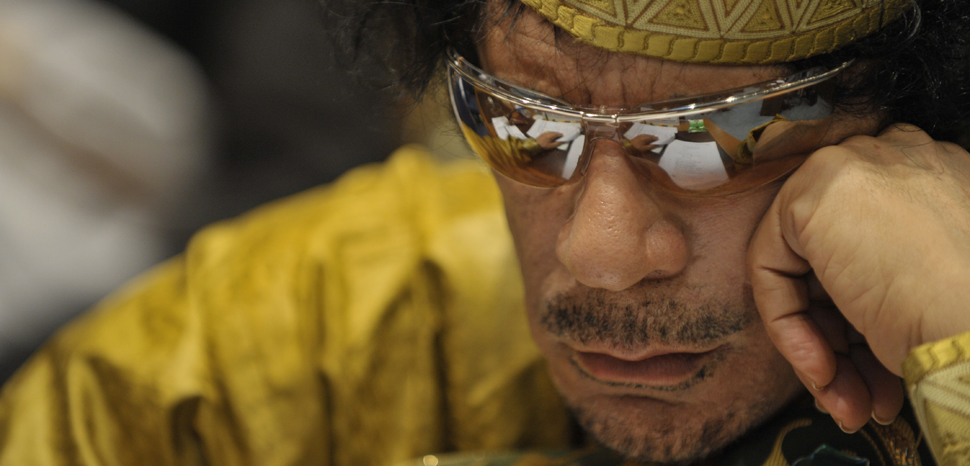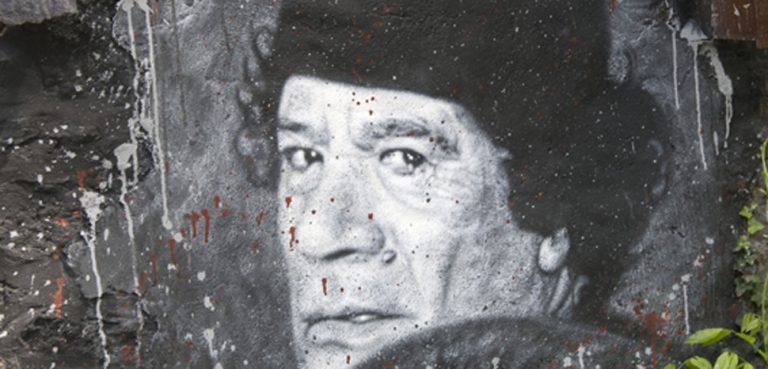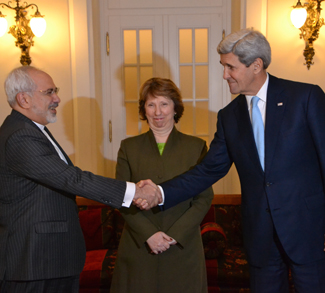During a session of the Libyan parliament in the eastern city of Tobruk on March 15, newly appointed Prime Minister Abdulhamid Al Dbaiba and members of the incumbent presidential council led by Mohamed Al Manfi took a constitutional oath and officially became heads of the interim Government of National Unity (GNU) of Libya.
This historic meeting of the House of Representatives, which is expected to put an end to many years of diarchy and the struggle for political leadership, was not entirely predictable, but quite the long-awaited outcome of a slow process under the auspices of the United Nations.
Stephanie Williams, the American diplomat who took charge of the UN Support Mission in Libya after the resignation of Ghassan Salame, initiated the Forum of Libyan Political Dialogue. The platform proved to be crucial in determining the current shape of the GNU. As a result, many Libyans skeptically refer to the new administration as the ‘Stephanie government.’
The success of the initiative brokered by Williams coincided with the election of Democrat Joe Biden as president of the United States, and Washington’s reanimated interest in reconsidering its stance on the Libyan conflict. Long before Biden took office, concerted efforts had been made by representatives of the Democratic Party and the US State Department to move away from the policy of non-interference and reduction of military presence abroad, something Republican Donald Tramp attempted – or so he claimed – to adhere to during his presidential term. But the Trump administration and the Republican-dominated Senate managed to tame the State Department and ensure that the foreign policy toward the countries of the Middle East and North Africa remained largely unchanged.
Biden’s victory in the presidential election, as well as winning a majority in Congress, signaled a green light for the resumption of US political and military expansion in Libya, which the Democrats have so persistently called for. The power transition in Washington has already made itself felt in the statements of the acting head of UNSMIL, Stephanie Williams, who blamed the former US president’s adviser on national security, John Bolton, for unleashing armed conflict between the Government of National Accord and the Libyan National Army headed by Khalifa Haftar. Williams said it was the conversation with Bolton that prompted Haftar to launch a military offensive on Tripoli in April 2019.
Such statements by the head of the UN diplomatic mission clearly indicate a dramatic change in the political climate in Washington. Casting the principle of non-intervention aside, the United States is increasingly participating in the peace process and reaching out to the parties to the conflict. In an attempt to compete with other foreign stakeholders and restore the influence partially lost during the reign of Trump, Washington has acquired a habit of making verbal interventions condemning the interference of foreign states in the internal affairs of Libya. The United States has also adopted the Libya Stabilization Act, which envisages sanctions against all those who ‘threaten peace and stability’ in the North African country. The list of the states whose activities were considered suspicious by Washington includes almost all of the countries involved in the Libyan conflict in one way or another: Turkey, Russia, the UAE, Qatar, and Egypt.
Many analysts suggest that the United States are seeking to prevent Russia and Turkey from strengthening their hold over the region. At the same time, the ‘Russian threat’ and ‘Turkish menace’ came in handy for justifying Washington’s efforts to increase military and diplomatic activity in the Libyan theater to the American public.
However, in an attempt to sideline interested countries and exclude them from the political settlement and post-conflict reconstruction, the United States risks spoiling the fragile balance in the country, repeating its old mistakes.
Former US President Barak Obama repeatedly expressed his regret over Libya, naming the White House’s failure to prepare for the aftermath of ousting of Libyan leader Muammar Gaddafi as the worst mistake of his presidency. The US’ lack of any action plan, coupled with blind conviction in their own rightfulness, plunged the North African nation into a series of endless wars and economic turmoil. In fact, the Jamahiriya, with its undeveloped democratic institutions, appeared simply unprepared for progressive reforms of the autocratic political system. All the while, Western countries turned their backs on Libya, leaving it alone during the first stages of the chrysalis of its newly claimed statehood.
Therefore, in order not to fall into the same trap, the United States, as well as other countries, if they really want to help Libya, have to develop a concrete, long-term plan of action that takes into account the interests of all involved parties. This very issue has been at the core of the complexity of the Libyan conflict, that has long evolved from a civil war to a hybrid confrontation between multiple foreign states.
A compromise between internal and external players in Libya is difficult, but not impossible to reach. Although it will probably take more time to find a path and follow it, this is undoubtedly the cornerstone of a sustainable solution to the conflict.
The views expressed in this article are those of the authors alone and do not necessarily reflect those of Geopoliticalmonitor.com.




